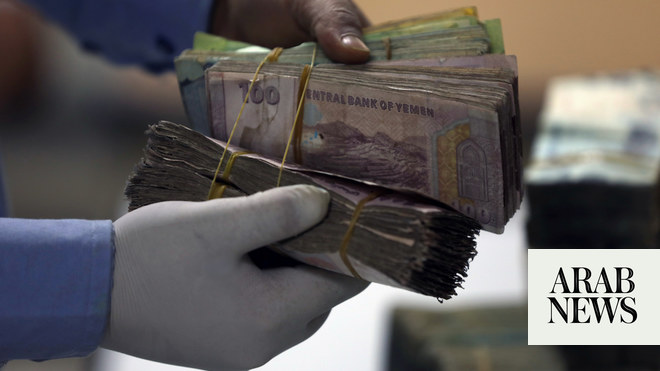
South Sudan has run out of foreign exchange reserves as oil revenues have plummeted, and it cannot stop its currency from sliding, a central bank official said.
Daniel Kech Pouch, the banks deputy governor, said late Wednesday that the pound was depreciating sharply and there was little that monetary advisers could do to arrest its fall.
"(It) is difficult for us now at this moment to stop this rapid exchange rate (decline) because we dont have the reserve for us to intervene in the market," he told reporters, according to AFP.
South Sudan gets almost all of its revenue from crude oil, but current output, at around 180,000 barrels per day, has plummeted from a peak of 250,000 bpd before the outbreak of conflict in 2013, according to official figures.
“It is difficult for us at the moment to stop this rapidly increasing exchange rate, because we do not have resources, we do not have reserves,” Pouch said.
South Sudan has three exchange rates - one from the central bank, one from commercial banks, and another from the so-called parallel, or unofficial, market, Pouch said.
Pouch said the rate for the pound from the central bank is 165 per dollar, from commercial banks around 190, and from the parallel market 400.
According to Reuters, Soaring inflation has persisted for several years, largely due to the depreciating South Sudan pound.
Pouch said inflation stood at 35%. In 2016, inflation topped 800%, helping push pockets of the country into famine the next year.
South Sudan ended five years of civil war in 2018 but disagreements between President Salva Kiir and Vice President Riek Machar - who led the main rebel group - have prevented the peace process from being concluded.












